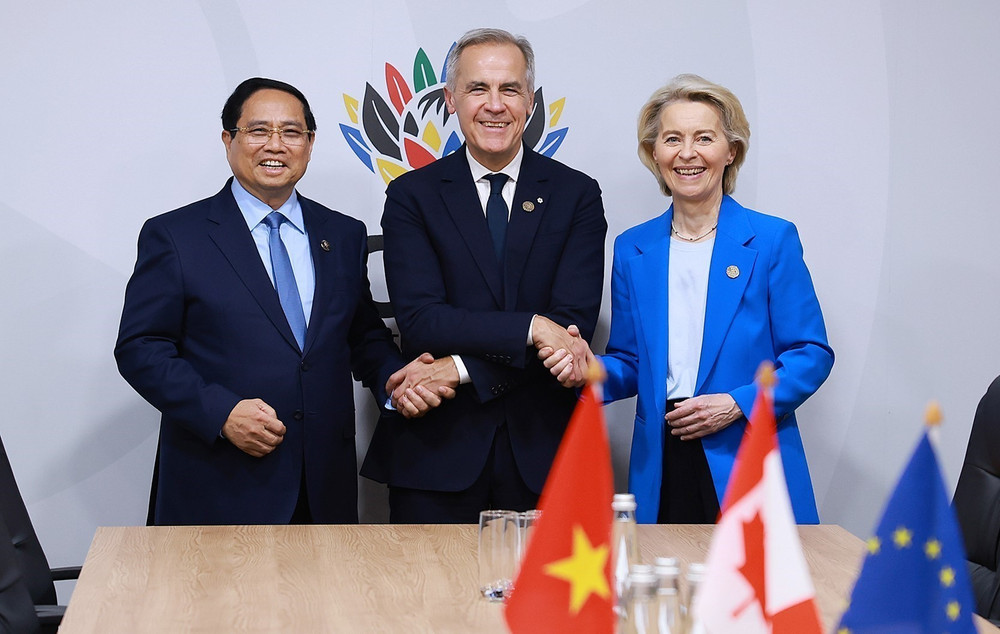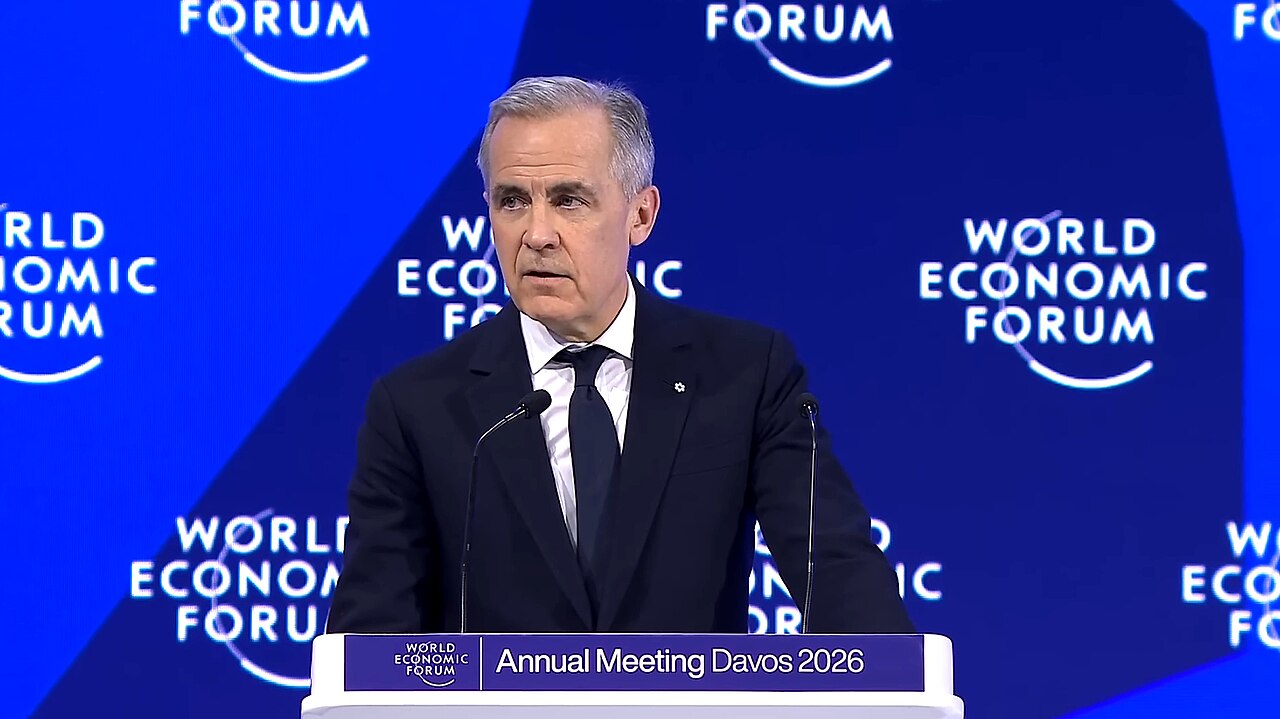At the federal level, Canada continues to punch below its weight when it comes to taking a more intentional approach to the African continent, writes Kumaran Nadesan. Unsplash photograph by James Wiseman
This Op-Ed was published in The Hill Times on May 13, 2025
Africa can be part of the solution to domestic challenges we face, and the need to diversify our interests in the continent beyond the minerals and mining sector.
Prime Minister Mark Carney promises to build the Canadian economy to make it more resilient. To do this, he is looking to increase trade with nations other than the U.S. and to find new trade partners, which must include Africa.
On March 6, three days before Carney was named the new Liberal Party Leader and 50 days before he won the federal election, the previous liberal government announced its long-awaited Africa Strategy. A strategy that focuses on trade and security co-operation, yet absent from the announcement was funding.
To compare, Canada’s Indo-Pacific Strategy announced in 2022 came with a $2.3 billion price tag. Why, then, is Canada not investing in Africa? Simply put, Africa is still not central to Canada’s geopolitical calculus. This, despite the continent being home to 1.5 billion people, the youngest population on Earth, and more than half the world’s fastest-growing economies.
Meanwhile, other G7 nations are moving quickly and strategically.
Germany’s Compact with Africa, launched under the G20, has catalysed billions of dollars in private investment through risk-sharing tools and development finance. The UK’s British International Investment is funding projects in fintech, green energy, and infrastructure. The United States, through initiatives like Prosper Africa and the BUILD Act, is actively aligning foreign policy with economic interests, unlocking billions for American firms on the continent. France, for all its historical baggage, is doubling down on West Africa through a mixture of development support, trade missions, and military cooperation. Even China, though not a G7 member, now trades more with Africa than all G7 countries combined.
Ironically, some of Canada’s provinces are already demonstrating a more intentional approach to Africa than Ottawa. Quebec has cultivated ties with Senegal, Côte d’Ivoire and Morocco, leveraging shared language and education linkages into tangible partnerships. Alberta’s universities and agriculture sector have engaged Nigeria and Kenya in research and trade. Saskatchewan has explored fertilizer and food security collaborations. These subnational efforts prove there’s appetite for and potential in Africa that Canadians can mutually benefit from.
At the federal level, Ottawa continues to punch below its weight.
This is an opportunity for Carney to signal a reset. His Canada Strong platform emphasized addressing skilled labour shortages, housing and affordability, and boosting economic productivity. Africa can be part of the solution to all three of these domestic challenges we face and diversify our interests in the continent beyond the minerals and mining sector.
First, Africa Is home to the world’s youngest and fastest-growing labour force. Targeted skilled immigration agreements could help fill shortages in healthcare, trades, and green tech—sectors Carney has flagged as priorities.
Second, African firms are tackling housing crises in ways from which Canada can learn. Modular housing, public-private partnerships, and rapid-build urban solutions from Rwanda to Nigeria could inform Canadian policy—and present joint venture opportunities for our construction sector.
Third, Africa’s tech economy is booming. Canada’s fintech and AI firms could partner with counterparts in Kenya, Nigeria, and Egypt to co-develop scalable innovations—and tap into emerging markets hungry for digital infrastructure.
But to unlock this potential, Ottawa needs to put real money on the table.
FinDev Canada should launch a dedicated Africa investment facility. Export Development Canada should expand its risk tolerance for African markets and support SMEs entering the continent. Global Affairs Canada must commit not just to aid, but to building sustainable, two-way trade.
But this is not Ottawa’s responsibility alone. African diplomatic missions in Canada must be more assertive in demanding partnership, not patronage. Canada’s Indo-Pacific Strategy was shaped in part by persistent lobbying from Indian, Japanese and South Korean diplomats. African ambassadors should be equally vocal—proposing sectoral investment plans, convening bilateral trade forums, and ensuring their voices are heard in shaping Canada’s engagement. The annual Africa Accelerating conferences hosted by the Canada—Africa Chamber of Business is a good starting point to more boldly move the corridor forward from optics to outcomes.
If Canada wants to be more than a polite observer in the 21st century global economy, we need to move quickly and boldly. Africa is not a charity case—it is a geopolitical and economic frontier. Canada’s current approach risks missing that window with the world’s youngest and most dynamic continent.
Africa is not waiting. Neither should we.
Kumaran Nadesan is the Co-Founder and Deputy Chairman of the 369 Global group of companies.





